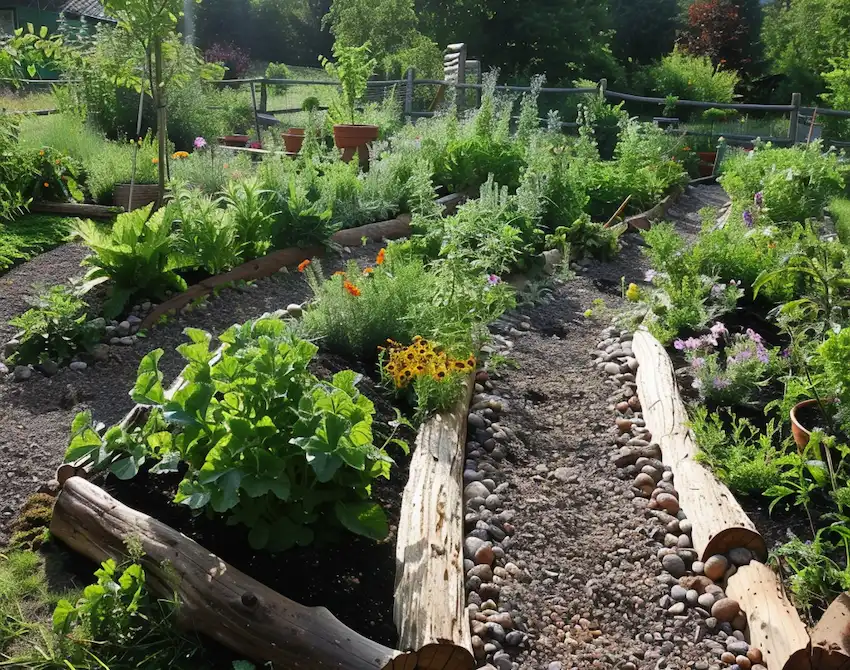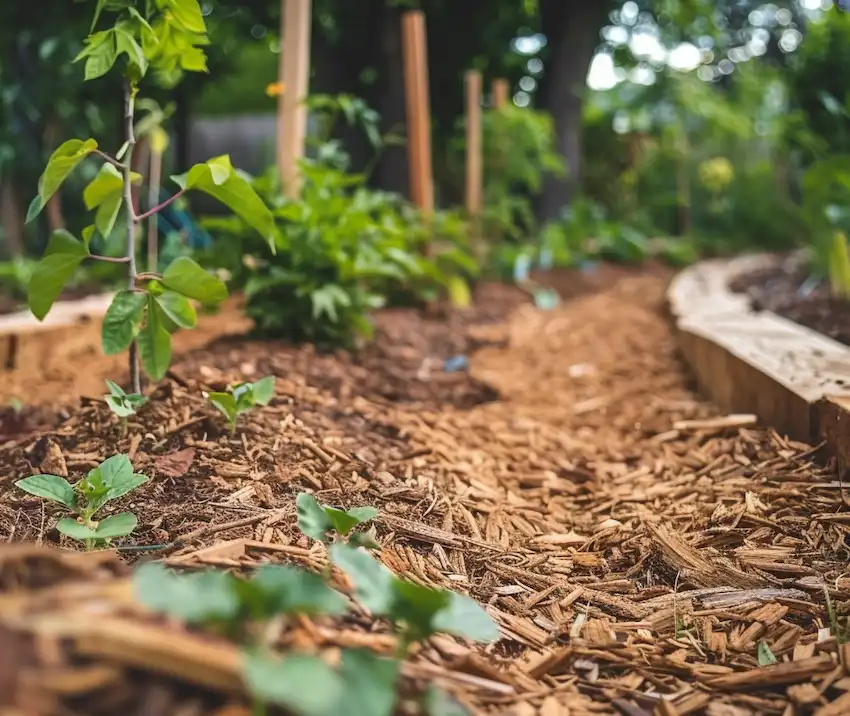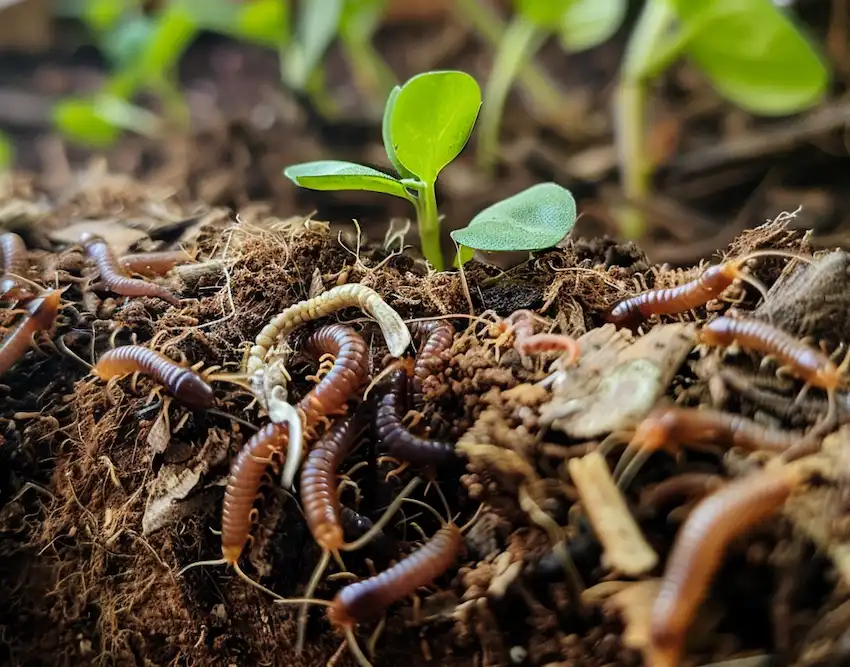In the enchanting world of gardening, where each planted seed symbolizes a commitment to lush greenery and abundant harvests, unconventional methods often hold the key to unlocking extraordinary yields. While traditional approaches have been steadfastly relied upon, exploring the realm of unconventional gardening can bring unexpected advantages to your fruit and vegetable crops. Here are some innovative techniques capturing the attention of gardeners, promising fruitful outcomes for those open to venturing beyond the conventional.
Companion Planting: A time-tested strategy in gardening, companion planting involves strategically arranging certain plants to foster mutual benefits. Marigolds, for example, are esteemed companions for vegetables, known for their prowess in deterring pests such as nematodes. This natural pest control not only protects your crops but also establishes a harmonious ecosystem within your garden.
Mycorrhizal Fungi Inoculation: Unveiling the symbiotic relationship between plants and fungi, mycorrhizal fungi inoculation emerges as a transformative practice. By introducing these beneficial fungi into the soil, plants gain improved access to water and nutrients, nurturing robust growth and ultimately enhancing yields. It serves as a testament to the intricate web of connections thriving beneath the surface of our gardens.
Hügelkultur Beds: Embracing the ethos of sustainability, Hügelkultur beds provide a distinctive solution by repurposing organic waste. Through the strategic layering of decomposing wood and compostable materials, these elevated beds create fertile grounds for plants, ensuring a continuous supply of nutrients as the wood breaks down. The outcome? Luxuriant vegetation, enhanced soil quality, and abundant harvests, all nurtured by the cyclical forces of nature.


